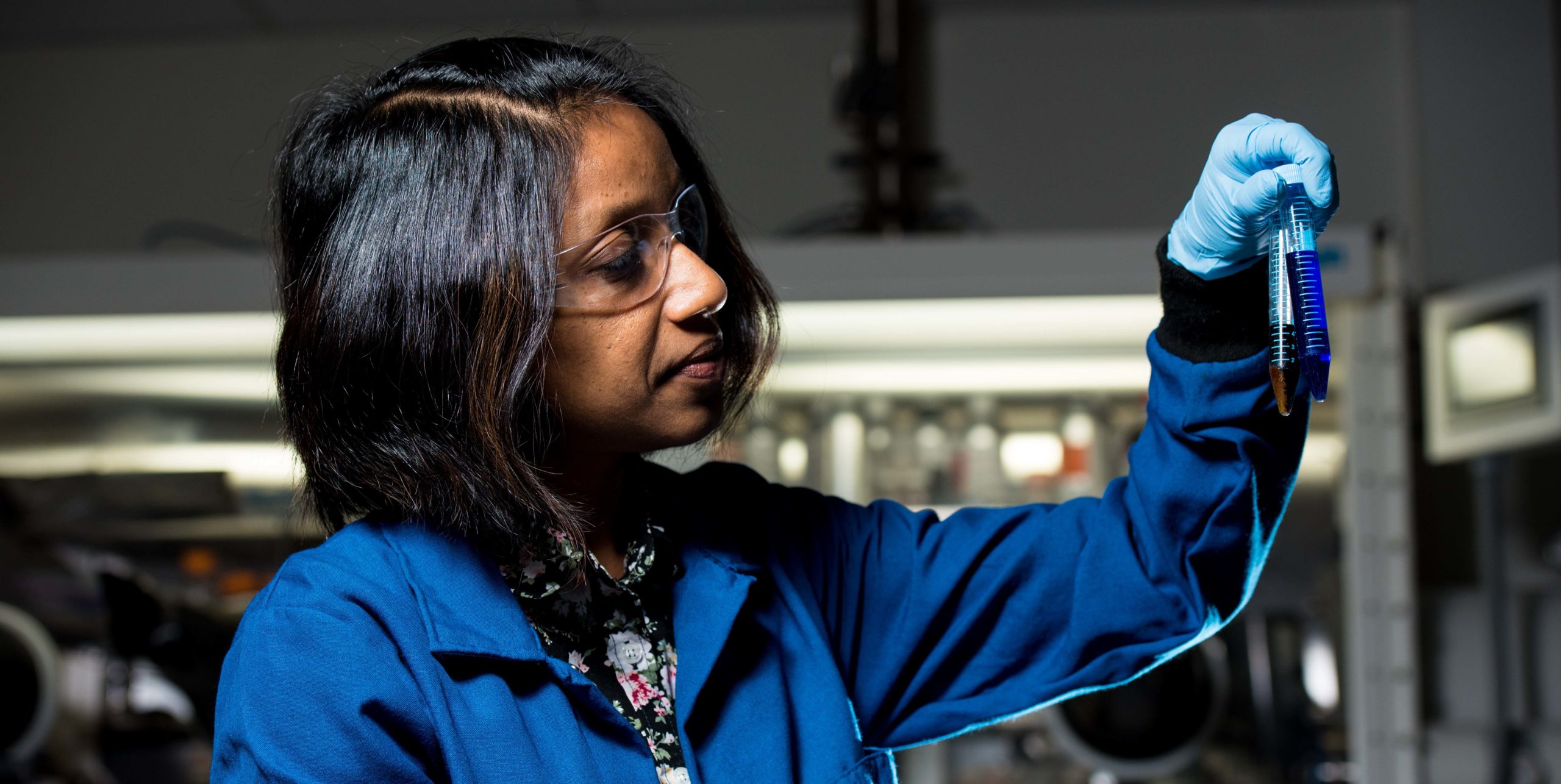This is a longer post, but it deserves the space it’ll take up! Last week, my office hosted the first ever “How to get a post-doc position” panel, featuring Robert Clarke, PhD, Interim Director of Biomedical Graduate Research Organization, Dean for Research, Georgetown University Medical Center, Shaun Brinsmade, PhD, Principal Investigator, Assistant Professor, Department of Biology, Georgetown University, Shweta Bansal, PhD, Assistant Professor, Biology, Georgetown University, and Nathan Baird, PhD, Postdoctoral Research Fellow, NHLBI, NIH.
Below is the summary of takeaway points that our PhD students learned from the session:
- Why should I consider a post-doc position?
If you like doing science, if you want your own lab, if you think you might want your own lab, if you just don’t know what to do with your life. A post-doc is an important time for you to acquire new skills, round out your expertise, meet other scientists, gain independence, and turn yourself into the person you want to be when you grow up. Post docs can be a great opportunity for everyone, even if you aren’t planning to go into academia. You get the chance to work with new people, in a new area, and learn new skills. This can be beneficial to pretty much any related field. Think about your long term goals and use your postdoc to get there. - What should I look for?
You need to find an environment that fits you. That can mean the size of the lab, the general attitude, the geography (urban v. rural, domestic v. international). You want a place where you can be the most productive. Going to a big famous lab and floundering isn’t better than going to a lab where you are happy and successful. High impact journals and Nobel laureates aren’t everything. You’re setting the stage and environment for the next few years of your life, so make it a good one. - How do I find potential labs?
When you like a paper, remember whose lab produced it. Papers are a great way of finding out who is doing the science you find most exciting. Go to conferences and interact with postdocs in labs you like. Also, ask your mentors where they think you should consider. Network: You never know whom you will meet and where. - When should I start looking?
Start looking 1 year before your defense, if not earlier (see below). Start your formal search for a post-doc position about one year before you think you will be finishing grad school (earlier than that is ok, too!). - How do I get noticed?
Go to conferences, talk to people at poster sessions. PIs often roam the poster sessions looking for potential postdocs. Before you are actively looking, try to make connections with PIs and the members of their lab so they will already know you once you’re looking for jobs. Present posters, give a talk, try to go to small conferences where you will actually be able to interact with people meaningfully. Try to meet the PI before you are actively asking for a job. Ask your mentor to introduce you to colleagues, have them give you a reference. Don’t send out generic form letters. Make it obvious that you show genuine interest. - What are PIs looking for?
PIs are assessing your potential for success in their lab. They are interested in your intellect, your work ethic, and your demeanor, not just your publication record. Tell them what you can contribute to their lab and what you want to get from the experience.
More Career Advice
Learn from faculty, staff, postdocs, students and alumni through our Career Catalyst blog.
Career Catalyst